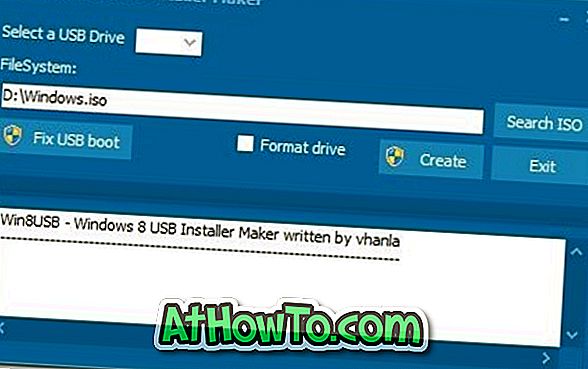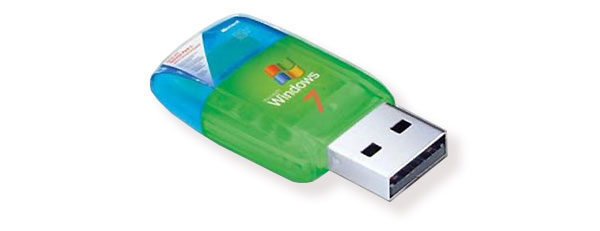
- #Usb installer maker how to
- #Usb installer maker install
- #Usb installer maker full
- #Usb installer maker software
- #Usb installer maker code
#Usb installer maker full
In terminal, start by typing "dd if=" then drag the file into the terminal to complete the full path the file. Tip: You can drag the ISO file into the terminal window to add the path to the file. Sudo dd if=/Downloads/ngfw-untangle-16.2.0.iso of=/dev/disk2 For example, if your USB disk label is " disk2" the command may look like this:.Sudo dd if=%path_to_ISO% of=%path_to_USB_disk% Enter the following command, which uses the dd utility to write the file to the USB disk:.Totally coded with maximum security, to avoid any error, With the. Features: Full faster drive backup / restore, including the MBR, the user can make an full backup of the USB Drive including the MBR Boot Sector, and all stored files. Once you know the parent device label and the disk is unmounted, you can write the Untangle ISO file to the USB disk. WinUSB Maker, is a tool to make dynamically any Removable Device / External HDD as bootable with Windows Setup. Unmount the disk to make it available for writing the image. You can confirm this by clicking the Info button in the top right corner and reviewing the "Parent disk" property. Therefore, the parent disk on the system is "disk2".

Formats your pendrive to NTFS format (REQUIRED) 2.
#Usb installer maker code
Requirements: - Windows Vista or superior - Admin Privileges in order to write USB boot code - Patience This tool makes 3 steps 1. In the example below, the label is disk2s1. Windows 8 USB Installer Maker is a utility that will help you make a bootable USB Pendrive of Windows 8 installer using its ISO DVD image.
#Usb installer maker software
Here, you use the arrow keys to move down to USB option and press enter to boot from the USB. This software can create Windows or Linux ISO on a USB device. In the BIOS settings, normally, you should see a screen like this. In some rare cases, you may have to access the UEFI boot settings from within Windows. Quickly press F2, F10 or F12 keys at the screen showing your system manufacturer’s logo Some may even use Esc or Del keys for this purpose. This key is different for different brand of computers. But be quick when you do that otherwise it will boot into the operating system. You may try pressing all of them one by one if you are not sure of the key. What you need to do is restart or power on your computer.Īt the screen that shows the logo of your system manufacturer, press the F2 or F10 or F12 key. Plug in the live USB on the desired computer. The bootable USB can be used on any system, not only on the one where you created it. Once the live USB is created, you can proceed with testing Ubuntu in live mode. Go to the project website and download the latest version of Universal USB Installer. Method 2: Using Universal USB Installer for making bootable Linux USB Let’s see another method of creating bootable Linux USB.
#Usb installer maker how to
I’ll show you how to boot from the live USB in a moment. You’ll see a green signal when the live USB is ready. It will take a few minutes to complete the process. You may be asked to choose how to write the image. Based on that, select the Partition Scheme and Target System in Rufus.Įverything looks good? Hit the START button. I hope you have checked the partitioning scheme and BIOS type as I mentioned in the prerequisite section. If not, you can always browse to the ISO by clicking on the SELECT button. It may also automatically find the Ubuntu ISO.

If there are more than one USB keys plugged in, please ensure to select the correct USB under Device. Step 2: Make sure Chrome Recovery Utility extension is turned on At the top right of your Chrome browser window, click.
#Usb installer maker install
When you run Rufus with the USB plugged in, it automatically recognizes it. 1: Create the USB installer Step 1: Install Chromebook Recovery Utility On your ChromeOS, Windows, or Mac device, open Chrome browser. Now double click on the download Rufus exe file which should be in the Downloads folder. Plug in your USB key (pen drive) to the computer. This is an exe file so you do not need to install Rufus.


 0 kommentar(er)
0 kommentar(er)
